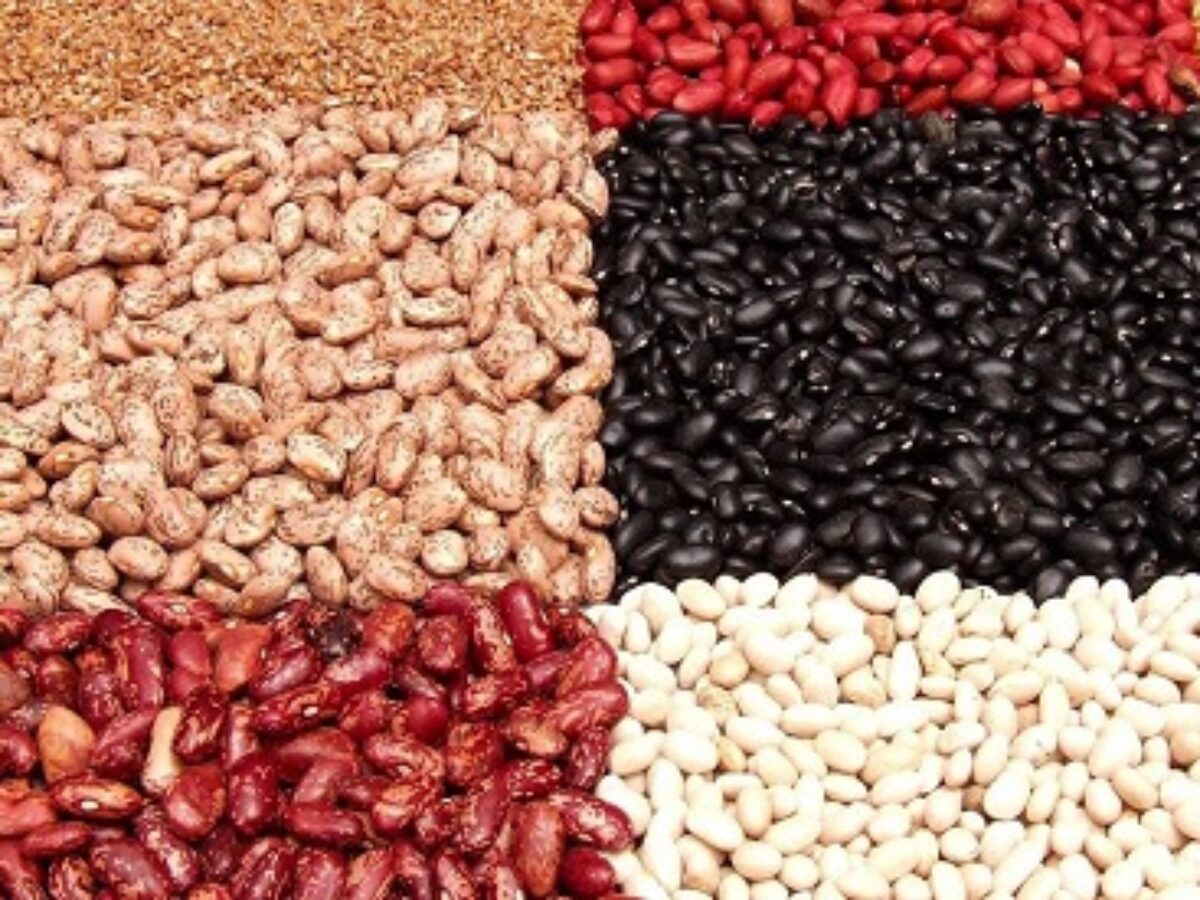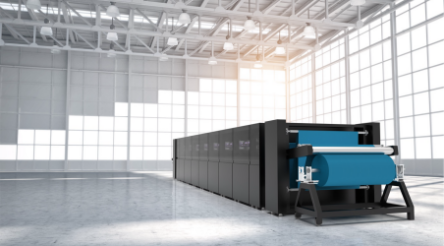Alternative proteins backed in NSW tech central grants

The NSW Government’s Tech Central Research and Innovation Infrastructure Fund has today announced $8 million in grants supporting projects at the University of Sydney, UTS and ARIA Research to advance R&D infrastructure at CBD innovation hub, Tech Central.
Two projects involving University of Sydney researchers have received funding under this latest round – for alternative protein development and AI technology to assist the blind.
State Minister for Science, Innovation and Technology Alister Henskens said the successful projects would provide specialised equipment and deliver collaborative programmes with a focus on existing industry and research strengths across the Tech Central Innovation District.
Henskens said: “Tech Central’s status as a nation-leading centre of innovation and development will be enhanced by these projects, harnessing the power of local expertise to bring significant physical and digital infrastructure across its target industries and research areas.”
An Alternative Protein Application Centre (APAC) has been granted $2.2 million to develop technology that supports a growing alternative proteins manufacturing and processing industry.
According to the United Nations, an increase of 25 percent in plant and animal proteins will be required by 2050, representing an opportunity for Australia’s agriculture and food manufacturing sectors to supply domestic and global markets with high quality alternate proteins.
The new centre will be located within Tech Central at South Eveleigh and, led by the University of Sydney, will develop scalable designs and large-volume manufacturing.
The centre will also conduct research and development on alternative protein production methods, including cellular engineering, precision fermentation, vertical farming, extraction and texturisation, all while training researchers and practitioners in the food and beverage industry.
Co-lead of APAC Professor Fariba Dehghani said she and her team were thrilled to receive funding for the Centre.
Dehghani said: “It will further boost our capability for collaboration with the food industry.
“It will also support our existing research collaboration with multiple industry partners for the development of alternative protein sources for manufacturing innovative and nutritional food products from Australian plants and other sources of protein.”
Professor Brent Kaiser, co-lead of the Centre from the Sydney Institute of Agriculture in the Faculty of Science said APAC would help food companies develop alternate protein foods using a range of protein inputs.
These include plant proteins (pulses, cereals, oilseeds, hemp seed), fungal proteins (mushrooms) and more novel approaches through fermentation of fungi using plant sugars and animal-based cell culture approaches.”
Tech Central has also granted a $1.4 million Infrastructure Grant to the Human Augmentation Laboratory (HAL) for the development of research translation infrastructure for augmented reality, artificial intelligence and robotics.
Clinical trials of smart glasses that support auditory sensory augmentation for blind and low vision people will be one of the first projects run in the new facilities at Tech Central.
Associate Professor Craig Jin from the School of Electrical and Information Engineering said: “The recent funding from Tech Central and the bringing together of deep expertise from across similarly minded institutions is a very welcome boost.
“It will enable us to rapidly develop and scale our technology, with the hope of bringing back an important part of life to those living with blindness and low vision.”
HAL will bring together expertise and technology from across the University of Sydney – including the SaveSight Institute, Australian Centre for Field Robotics, and the Computational Audio Research Laboratory.
It will also partner with UTS, World Access for the Blind, Remarkable, Cicada Innovations, AnimalLogic Academy and the Computational Intelligence and Brain Computer Interface Centre.
Picture: NSW government
Topics Technology
@aumanufacturing Sections
Analysis and Commentary Awards casino reviews Defence Gambling Manufacturing News Online Casino Podcast Technology Videos





